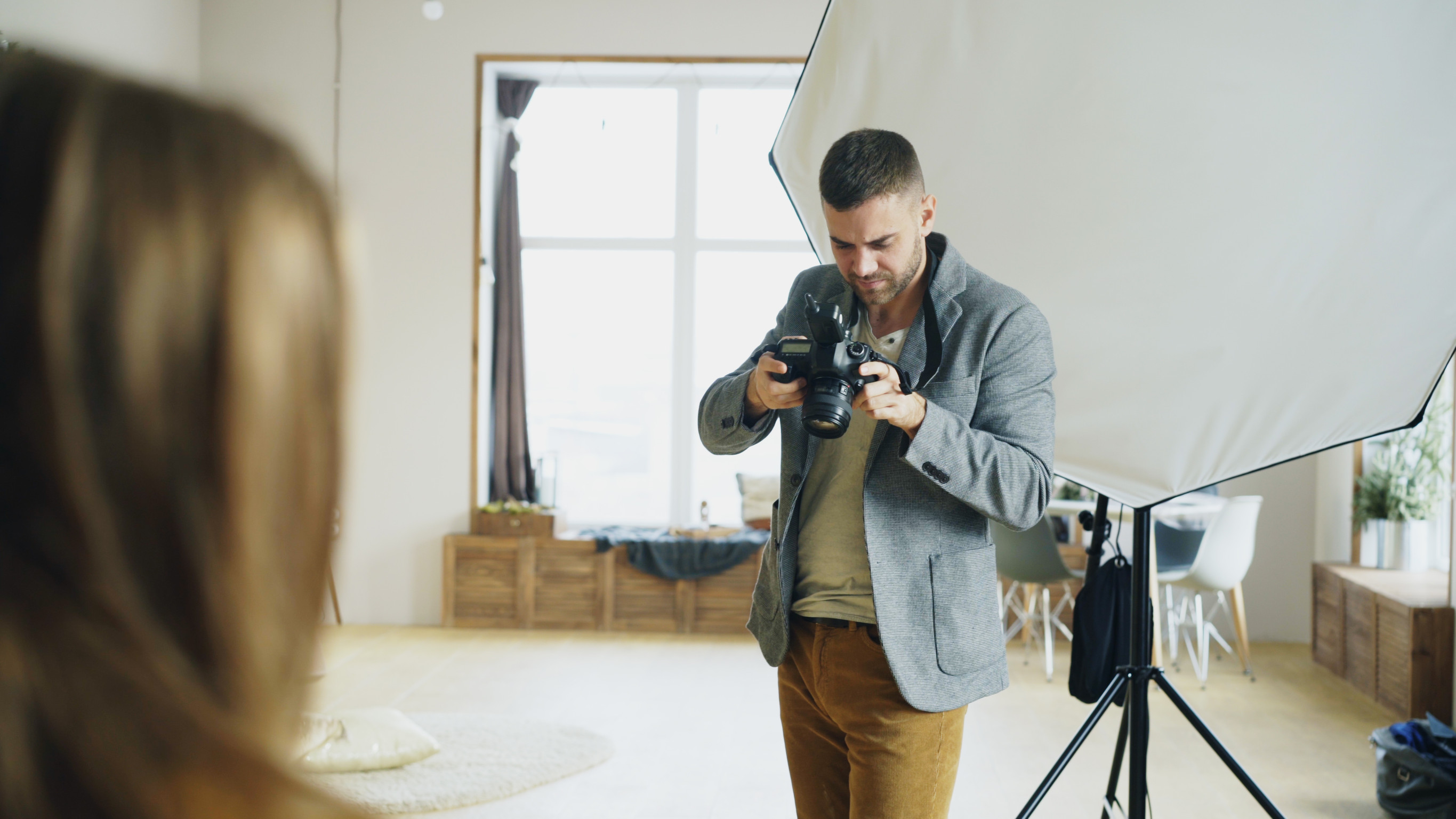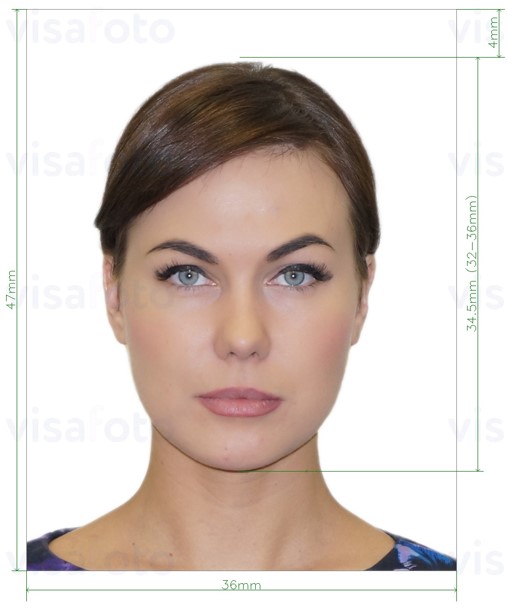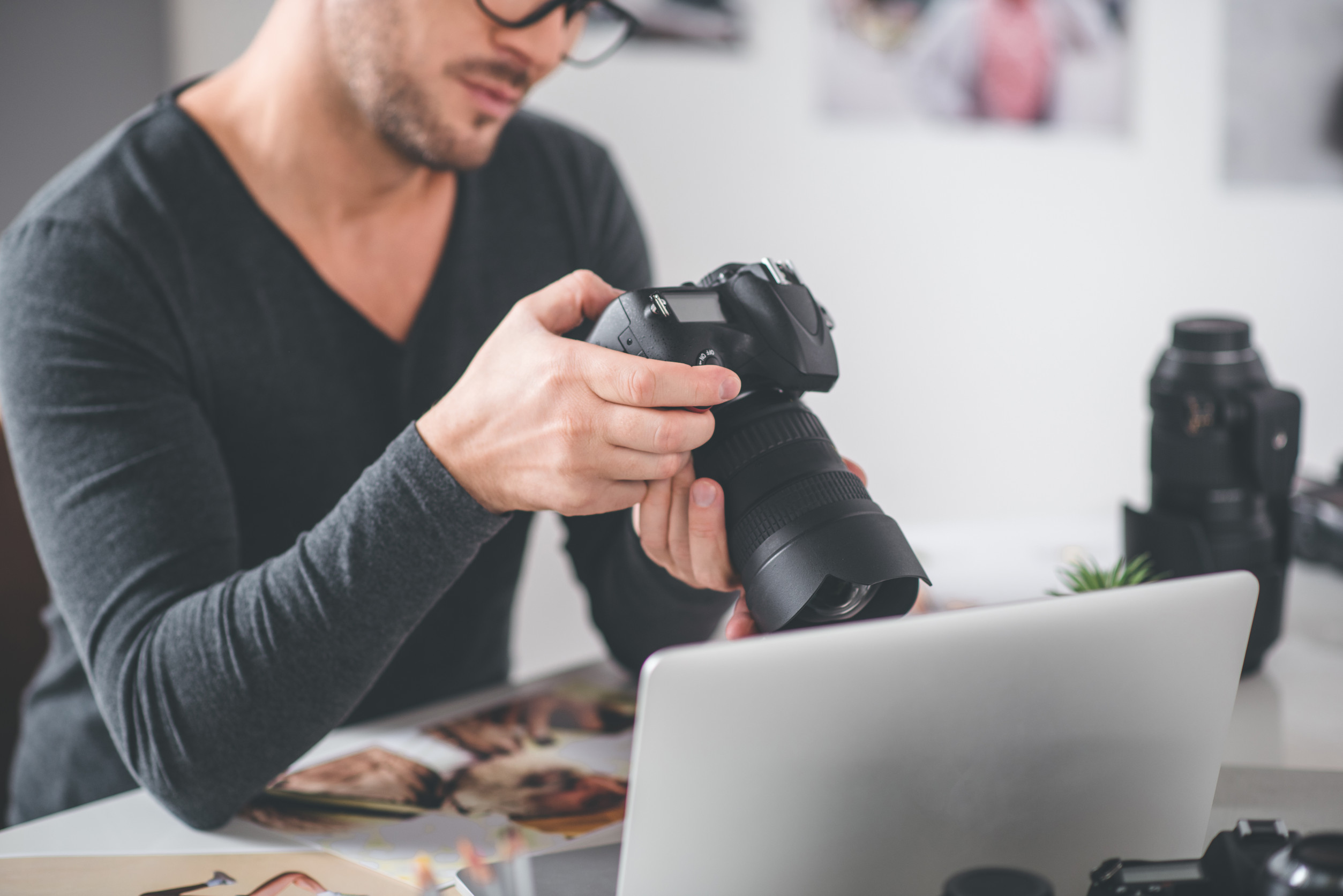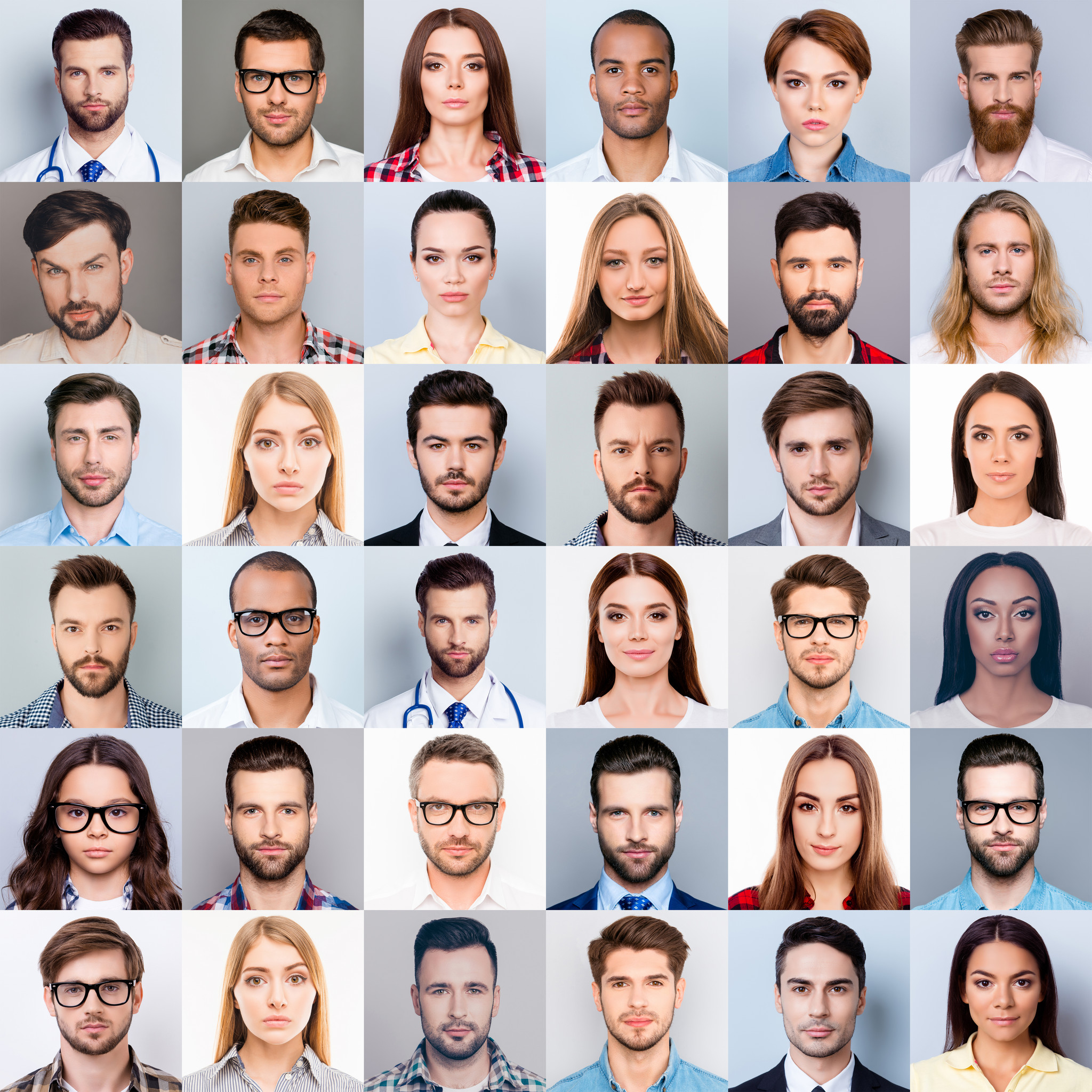Planning a trip to Albania? Securing your eVisa is the first step to exploring this beautiful Balkan nation. One crucial aspect of the visa application process is providing a photograph that meets the specific requirements set by the Albanian authorities.
This comprehensive guide will walk you through everything you need to know about the Albania visa photo requirements, ensuring a smooth and hassle-free application process.

Photo Size and Composition
To ensure your photo is accepted, pay close attention to the following size and composition requirements:
- Dimensions: Albanian authorities stress the importance of ensuring the photo dimensions are exactly 47 mm x 36 mm, corresponding to height and width.
- Framing: The face should be centred in the frame and take up approximately 80% of the photo.

Photo Appearance
Your photo's appearance is just as important as its size. Here's what you need to know:
Colour |
The photo must be in colour; black and white photos are not acceptable. |
Background |
The photo must be taken against a plain white background with no patterns or textures. The background should be properly illuminated to avoid shadows. |
Recency |
It's crucial to use a recent photo that accurately reflects your current appearance, ideally taken within the last six months. While it's good practice to use an up-to-date photo, there isn't a specific rule stating it must be different from your passport photo. |
Facial Expression |
Your head must face the camera directly, and your expression should be neutral with your mouth closed and both eyes open. |
Glasses |
Eyeglasses are generally not allowed in visa photos. In rare cases where eyeglasses cannot be removed for medical reasons, such as after ocular surgery, a medical statement signed by a medical professional must be provided. Even then, the frames must not cover the eyes, and there should be no glare, shadows, or refraction that obscures the eyes. |
Head Coverings |
Head coverings are generally not permitted. However, if you wear a head covering daily for religious reasons, it is acceptable as long as your full face is visible and the head covering does not cast any shadows on your face. |
Children's Photos |
For children's photos, ensure only the child is in the photo and not other people's hands or supports. |
Attire |
The photograph must be taken in coloured attire, such as a medium blue shirt. Avoid wearing white or clothing with patterns or textures. |
Lighting |
Ensure the lighting is even and balanced to avoid shadows on your face or the background. Brightness and contrast should be adjusted to present you and the background accurately. |
Quality |
The photo print should be clear and with continuous-tone quality. Do not retouch or enhance the photo. |

Where to Get Your Visa Photo Taken
Getting a photo that meets these requirements is easy. Many places offer passport and visa photo services, including:
- Photo studios: Professional photographers are familiar with visa photo requirements and can ensure your photo meets the standards.
- Pharmacies: Many pharmacies now offer passport and visa photo services as an added convenience.
- Online services: Several online services allow you to take your photo and then format it to meet specific visa requirements.
Note: When using any of these services, be sure to inform them of the specific requirements for your Albanian visa.
Taking a Digital Photo
If you prefer to take your own photo, you can use a digital camera and then format it according to the requirements. Here are some tips for taking a suitable digital photo:
- Use a plain white or off-white background. A white wall or sheet can work well.
- Ensure the image is in JPEG (.jpg) file format.
- Keep the file size equal to or less than 240 kB (kilobytes).
- Maintain a square aspect ratio (height must equal width).
- The final image dimensions should be 600x600 pixels.

Tips for Taking a Suitable Photo
Whether you choose to have your photo taken professionally or take it yourself, keep these tips in mind:
- Professional Setting: Ensure the photo is taken in a well-lit environment with a plain white background.
- Neutral Expression: Maintain a neutral facial expression with your mouth closed and eyes open.
- Avoid Accessories: Avoid wearing accessories that may obscure your face or cast shadows, such as hats, headphones, or large jewellery.
- Glasses: If you wear glasses, ensure there is no glare and your eyes are clearly visible.
- Double-Check Requirements: Before submitting your application, double-check that your photo meets all the size, composition, and appearance requirements.
Conclusion
Obtaining an Albanian visa requires careful attention to detail, and your photograph plays a significant role in the application process. By adhering to the size, composition, and appearance guidelines outlined in this guide, you can ensure your photo meets the required standards. Don't hesitate to contact the embassy or consulate if you have any questions. With a little preparation, you'll be one step closer to experiencing the wonders of Albania.
Frequently Asked Questions
While you might still look fabulous, the Albanian authorities prefer a photo taken within the last six months. This ensures it accurately reflects your current appearance. Think of it like this: a year can bring changes—maybe you've switched up your hairstyle, grown a beard, or even just look a bit more seasoned by life. It's always best to play it safe and get a new picture.
Yes, it's best to remove your glasses for the photo. The guidelines are pretty strict about glasses, as they can cause glare or obscure your eyes. Unless you have a medical note, it's simpler to take them off.
Getting a good photo of a little one can be a fun challenge! Make sure the baby is the only one in the picture. You can lay them down on a plain white sheet or use a car seat covered with a white cloth. A tip from experience: try taking the photo when they are well-rested and in a good mood—it makes a world of difference. Patience is key!
The idea is to keep the focus on your face and avoid anything distracting in the background or on your clothing. A subtle pinstripe could potentially be an issue as it introduces a pattern. To be on the safe side, we'd recommend a solid-coloured shirt. Solid colours ensure there's no ambiguity.
While the guidelines specify a plain white background, a very light off-white might technically be acceptable if it's uniform and doesn't have any shadows or discoloration. However, to avoid any potential issues, it's always best to aim for as close to pure white as possible. This will ensure clear contrast and meet the requirements without any question.
While you don't need to get out a ruler, it's helpful to have a rough idea. Imagine dividing the photo into 10 equal horizontal lines. Your head, from the top of your hair to the bottom of your chin, should fill about 8 of those lines. If you're getting your photo taken professionally, they'll take care of this. If you're doing it yourself, most photo editing tools have a grid feature that can help you visualise this. Use the grid and do a quick visual check to make sure my head is appropriately sized.
This information was last revised in January 2026. However, for the most accurate details concerning your trip, we urge you to contact the relevant airlines, embassies, and agencies. This will help guarantee your travel plans are based on the most current information.

To help us improve